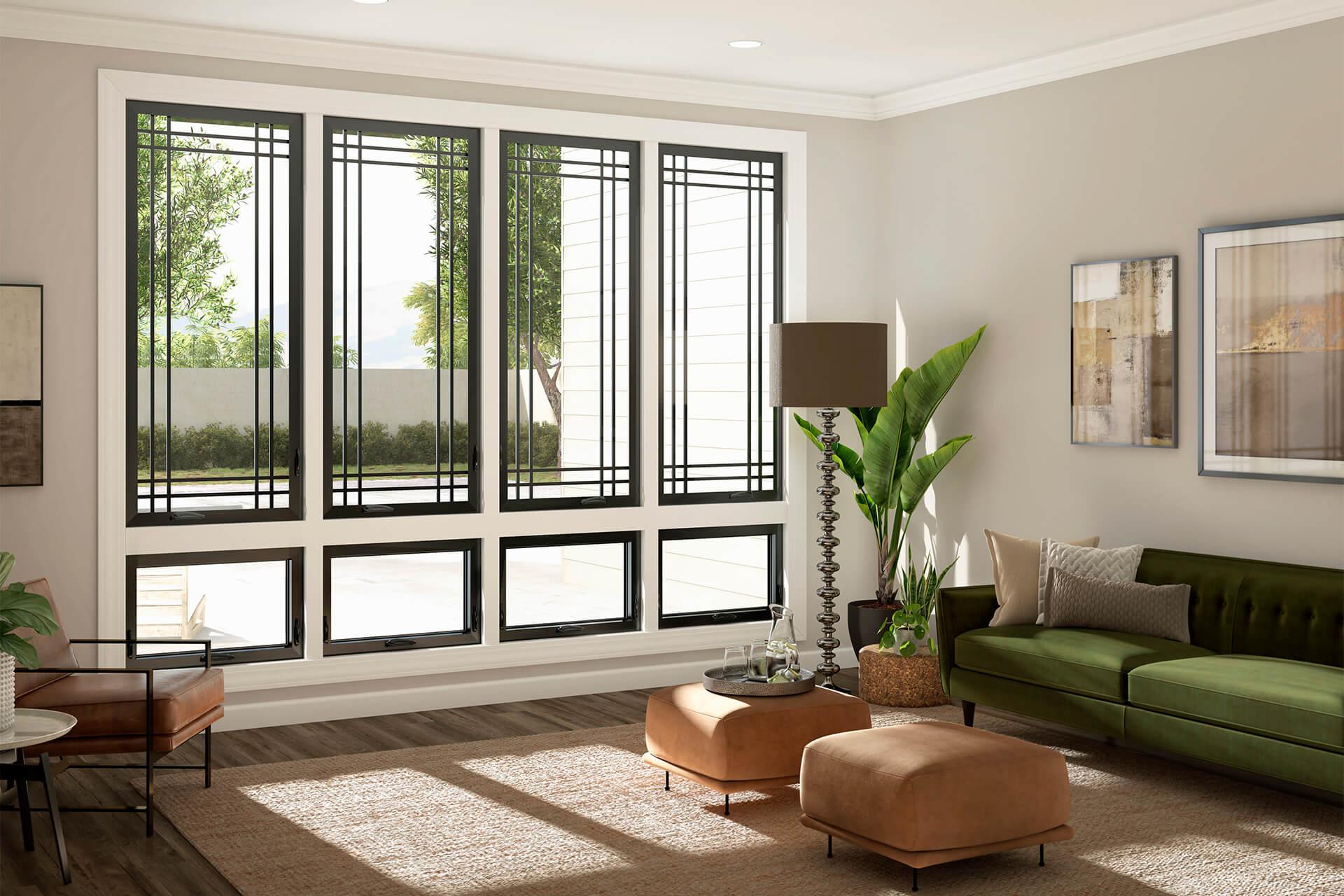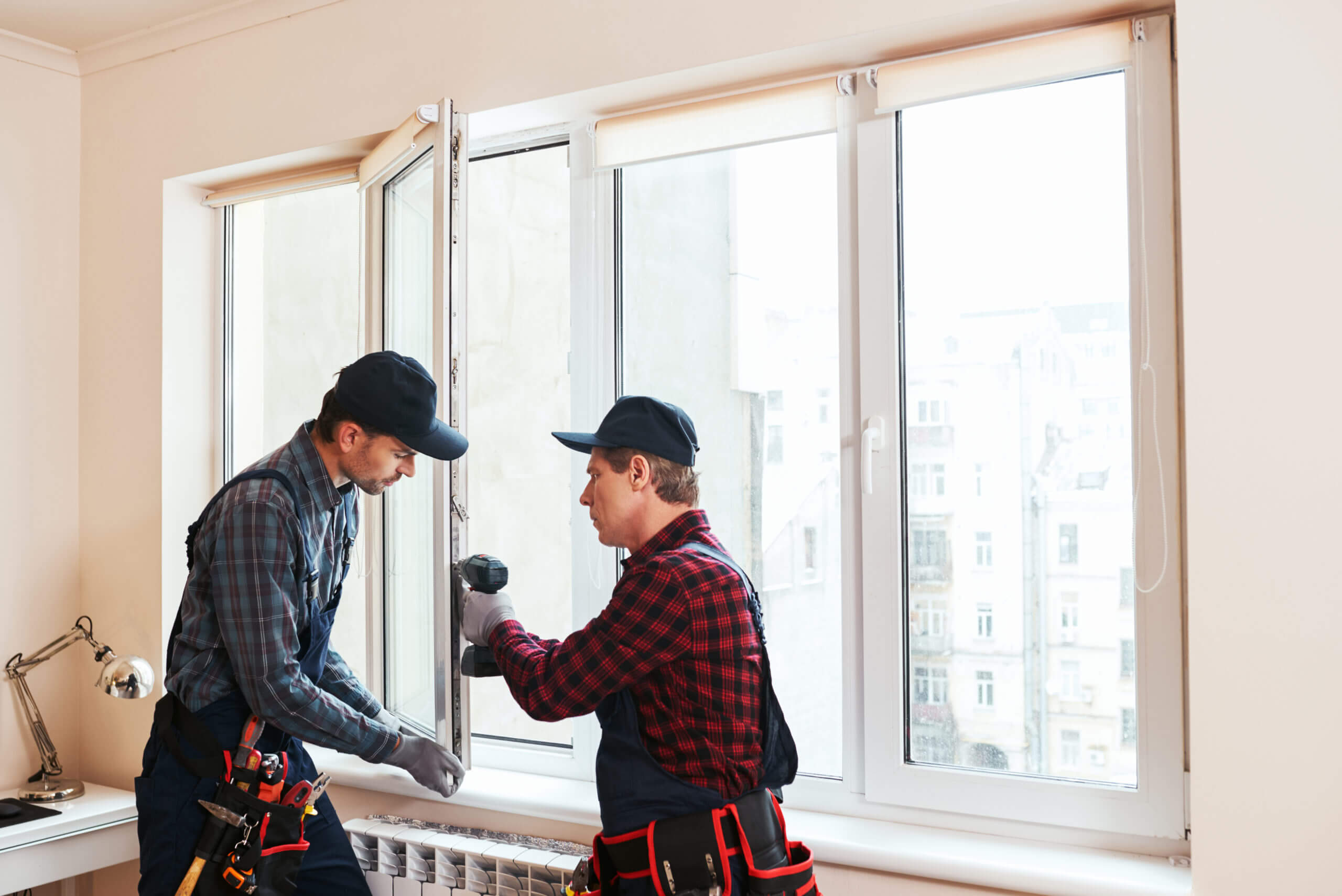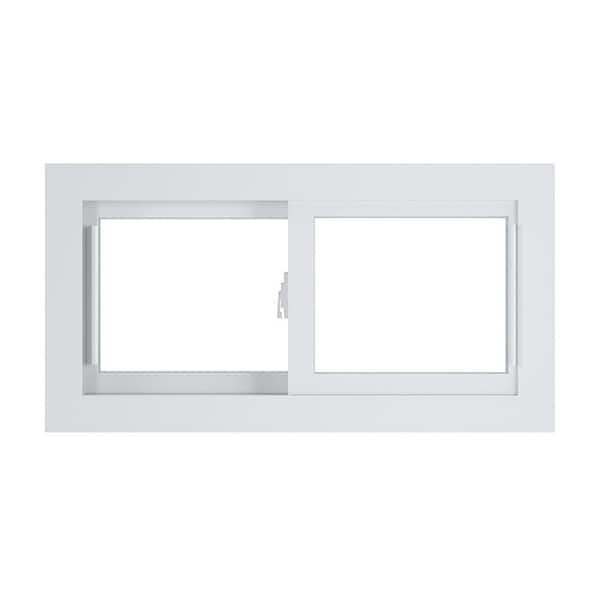Upgrade Your Home With Energy-Efficient Window Substitutes
In the realm of home enhancement, the decision to upgrade to energy-efficient window replacements can significantly affect both the capability and appearances of a house. Past the surface level of plain aesthetics, energy-efficient home windows offer a plethora of advantages that go past mere aesthetic appeal.
Advantages of Energy-Efficient Windows

The setup of energy-efficient home windows gives substantial financial savings on utility bills while improving ecological sustainability. Energy-efficient home windows are developed to reduce warm loss and gain, decreasing the demand for heating and cooling down systems to work overtime. By properly shielding the home, these windows assist maintain a comfy interior temperature level year-round, causing lower power intake and lowered utility expenses. Furthermore, energy-efficient windows can aid regulate dampness degrees within the home, decreasing the danger of mold and mildew growth.
Past the monetary advantages, energy-efficient home windows contribute to environmental sustainability by decreasing carbon discharges linked with energy manufacturing. By decreasing energy use, these home windows assist alleviate the environmental impact of home heating, lighting, and cooling household rooms. This reduction in power intake plays an essential duty in combating climate change and promoting a greener future for generations to find. Generally, spending in energy-efficient home windows not only boosts the convenience and efficiency of a home yet also aligns with environmentally mindful methods.
Kinds of Energy-Efficient Glass
Different sophisticated sorts of energy-efficient glass offer special buildings that satisfy various needs and preferences in improving the sustainability and efficiency of buildings. Low-emissivity (Low-E) glass is a popular option developed to minimize the quantity of ultraviolet and infrared light that can go through the glass, thus decreasing heat transfer. This kind of glass aids preserve a regular interior temperature level, lowering the requirement for home heating or cooling systems, and eventually lowering energy expenses. One more ingenious alternative is spectrally careful glass, which enables noticeable light to pass with while obstructing particular sorts of infrared radiation. This assists in keeping a comfy indoor setting while decreasing warm gain. Triple-pane glass, including three layers of glass with shielding gas between them, provides enhanced thermal insulation, making it highly energy-efficient. Additionally, self-cleaning glass with an unique finish that damages down and loosens dust when exposed to sunlight can decrease upkeep demands and keep windows looking clean. Each type of energy-efficient glass provides distinctive benefits, permitting house owners to select one of the most appropriate alternative based on their particular needs and goals.
Variables to Take Into Consideration When Choosing
When contemplating energy-efficient window substitutes, it is critical to carefully examine details aspects that align with your sustainability goals and desired energy financial savings. One vital aspect to take into consideration is the home window's power performance ratings, such as the U-factor and Solar Heat Gain Coefficient (SHGC) The U-factor actions just how well the home window protects, with lower numbers suggesting much better insulation, while the SHGC indicates the window's capability to obstruct heat from sunshine. Additionally, the home window structure material plays a substantial function in power performance. Products like fiberglass, vinyl, or timber with thermal breaks are exceptional selections for reducing warmth transfer. Another crucial factor to consider is the window style and orientation worrying sunshine exposure. Choosing the right window style and tactically positioning them can optimize all-natural light while lessening warm gain or loss. Lastly, setup quality is key to making certain the windows carry out as intended. Proper installment aids stop air leakage, making sure optimal energy efficiency. By meticulously examining these factors, you can select energy-efficient home windows that improve convenience, reduce energy prices, and benefit the atmosphere.
Installment and Upkeep Tips

Routine maintenance is vital to preserving the effectiveness of your energy-efficient home windows. Examine the weather-stripping and seals for any tears or voids and replace them if needed to preserve the windows' energy performance. Spring window replacement.
Additionally, lube moving components such as hinges and locks to guarantee smooth operation. By adhering to these installment and maintenance tips, you can enhance the power effectiveness of your home and extend the life-span of your energy-efficient home windows.
Cost-Benefit Evaluation of Upgrading

Energy-efficient home windows are developed to decrease heat transfer, lowering the requirement for home heating and cooling down check this site out systems to burn the midnight oil. This can bring about substantial financial savings on energy bills, especially in areas with extreme temperatures. In addition, energy-efficient windows can improve the general worth of your home, making it much more eye-catching Website to possible purchasers if you choose to offer in the future.
When determining the cost-benefit evaluation, consider the prospective financial savings on energy costs, any available incentives or discounts, and the lifespan of the home windows. While the preliminary cost may be higher, the long-lasting cost savings and benefits of energy-efficient home windows make them a wise investment for home owners aiming to improve their building's energy efficiency and worth.

Verdict
In final thought, updating to energy-efficient window substitutes offers various benefits such as lowered power usage, boosted comfort, and price savings. By picking the proper kind of energy-efficient glass and thinking about variables like structure product and installment, homeowners can make the most of the performance of their home windows. Routine upkeep and proper installment are crucial for long-lasting performance. On the whole, the cost-benefit evaluation of upgrading to energy-efficient windows shows that the first financial investment can lead to substantial financial savings in the lengthy run.
When pondering energy-efficient home window substitutes, it is essential to carefully assess certain aspects that straighten with your sustainability goals and preferred energy financial savings. The U-factor measures exactly how well the window protects, with reduced numbers suggesting better insulation, while the SHGC indicates the home window's capability to block heat from sunshine. By carefully evaluating these elements, More Help you can choose energy-efficient windows that boost comfort, decrease energy costs, and profit the environment.
While energy-efficient home windows may have a higher upfront expense compared to conventional windows, the lasting advantages commonly outweigh the initial investment.In verdict, updating to energy-efficient window replacements offers many benefits such as decreased power consumption, enhanced convenience, and price financial savings.